108
9
5 minutes
Suggested Articles

First-generation Ivy Leaguers triumph over unique college challenges
Discover key insights, life hacks, and data-driven tips for first-generation college students thriving in prestigious U.S. universities. Find practical strategies, unique challenges, and fresh perspectives essential for student success.
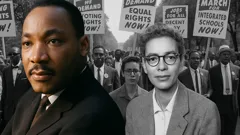
Remarkable Insights Into the American Civil Rights Movement
Civic Education
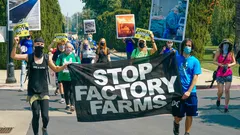
Factory workers ignite change as unity challenges company culture and sparks consequences
Hiring
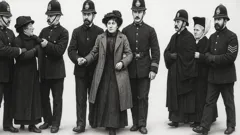
7 Surprising Facts About the US Women's Suffrage Movement
Civic Education
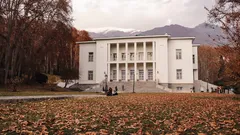
Students and educators defend free speech as campus politics reshape college life
Civic Education
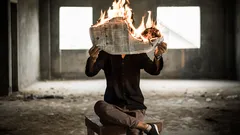
Civics lessons give students a lifeline in times of community crisis
Civic Education

Families and neighbors rediscover unity as they break political silence together
Civic Education

Voters discover why political parties matter more than ever in shaping America
News & Updates

Community leaders ignite change and strengthen immigrant rights across America
Volunteer
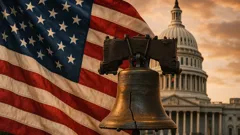
American Identity: Ideals, Symbols, and the Ongoing Debate Over Inclusion
Civic Education
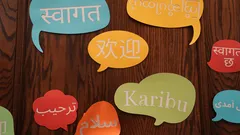
Americans build empathy and strengthen democracy through language learning
Civic Education

First-generation Ivy Leaguers triumph over unique college challenges
Hiring

Americans brace for possible Social Security cuts that reshape retirement
News & Updates

Why this Florida data leak changes how we think about privacy
News & Updates

Build your own AI chatbot and unlock hands-on tech superpowers
Resources & Tools

How to outsmart hidden medical expenses in your golden years
Civic Education

California workers secure jobs this summer with new 2025 laws
Hiring
 Love Women Vibes
Love Women Vibes

Comments